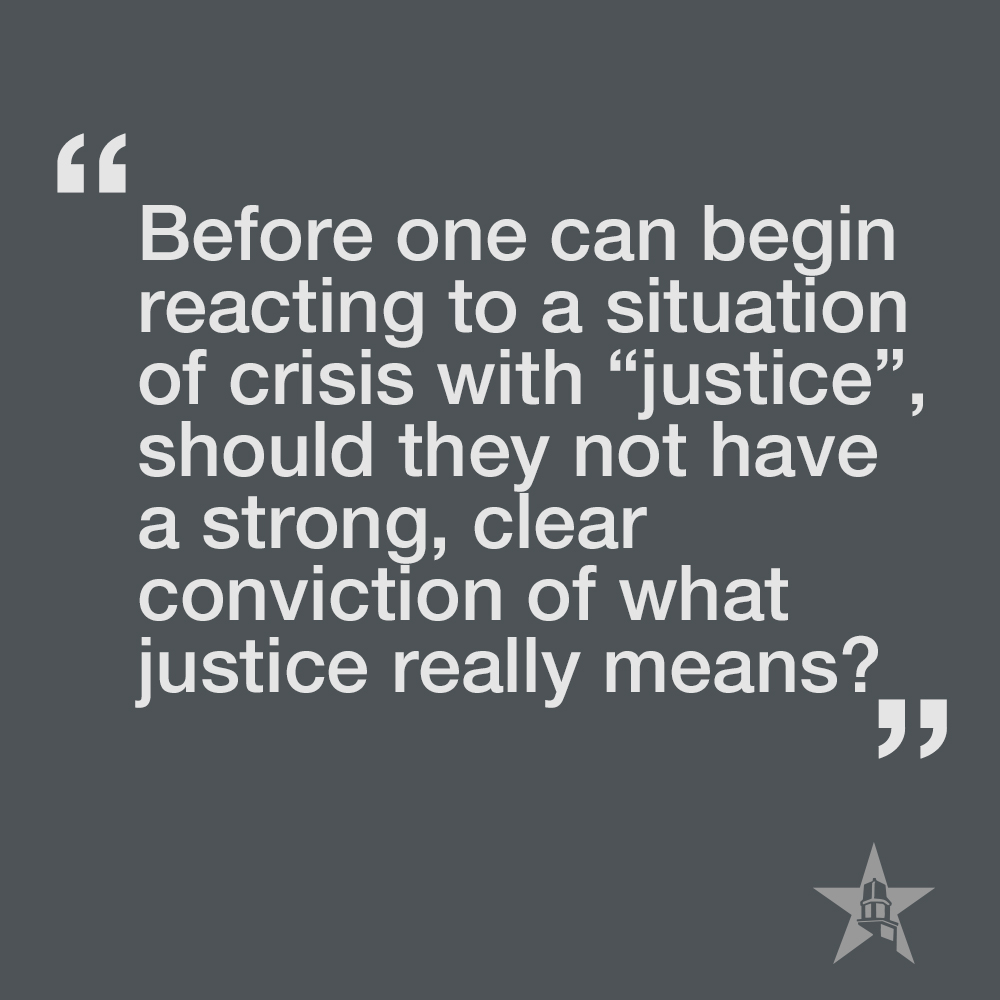Category: Opinions
September 29, 2015
Opinions
Worshipping in Spirit and in Truth and in Anger
Before beginning my freshman year at Houghton I spent the summer working as a counselor at Northern Frontier Camp, a…
September 29, 2015
Opinions, Letter to the Editor, Opinions
Letter to the Editor
Over-Churched, Jaded Millennials Dear Editor, Last Monday, the campus center was inundated with tables and booths advertising local churches.…

September 17, 2015
Opinions
The Undercurrents of Justice: Can We be Moved?
Justice is a charged word. I find myself now more than ever bombarded with calls to justice; in class, in…
September 17, 2015
Opinions
Syrian Need, European Reticence, & American Bad Faith
News outlets are currently flooded with information regarding the Syrian refugees. Millions face war in Syria, hatred and racism in…
September 17, 2015
Opinions
Modern Day Martyr?
On the 26th of June history was made. The United States Supreme Court decided that same-sex couples would be allowed to…
September 10, 2015
Opinions
A Ring of Fire: Living in the Midst
Evacuate. This is a command I never pictured myself to be a part of. And yet on July 22nd of…
April 23, 2015
Opinions
Short Term Missions = Long Term Failure
Last summer, I was scrolling through my Facebook newsfeed, and I noticed that a large group of high schoolers who…
April 23, 2015
Opinions
“You’ll Never Get a Husband If You Don’t Shave Your Legs” And Other Lies…
One time when I was home for break, my mom told me this: “you’ll never get a husband if you…
April 23, 2015
Opinions
Letter from the Editor
Dear Students, For all the complaints that Houghton is too small, too rural, and too “bubble-like,” there is much to…
April 23, 2015
Opinions
Letter from the Editor
Dear Class of 2015, Here we are. The final issue of the STAR. The end of the last full week…
